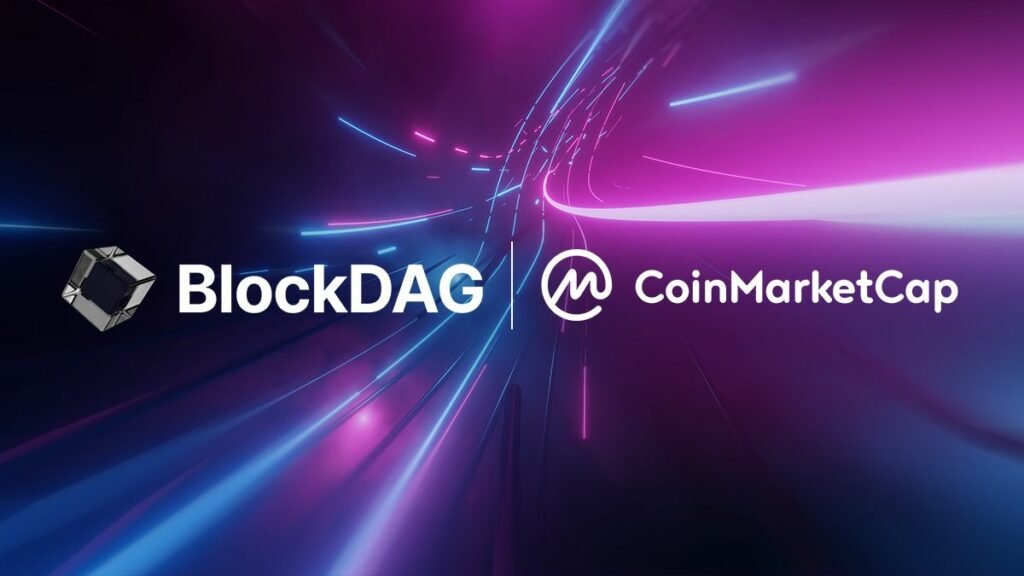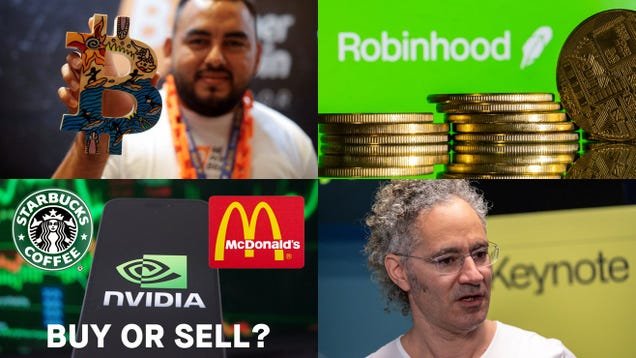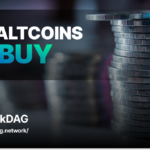Delta and Coca-Cola Won’t Save Voting Rights in Georgia

The recent battle over voting rights in Georgia has briefly disrupted the usually placid relationship between America’s corporate titans and the Republican Party. Late last month, Georgia passed legislation that, among its stringent requirements, mandates IDs for absentee voting and gives the state new powers to replace election officials. On Wednesday of last week, Coca-Cola and Delta offered belated criticism of the law, in Coca-Cola’s case calling it “unacceptable” and a “step backwards.” Delta CEO Ed Bastian, for his part, wrote that “having time to now fully understand all that is in the bill,” he had come to the conclusion that it “includes provisions that will make it harder for many underrepresented voters, particularly Black voters, to exercise their constitutional right to elect their representatives.” That was “wrong,” he concluded.A number of other companies have followed with their own gently worded, equally belated denunciations. Major League Baseball pulled the All-Star game (which was supposed to be played in a stadium that Cobb County funded so that the Braves could pursue a wealthier, whiter, suburban fan base). Dozens of Black executives signed a letter published in The New York Times calling the law “undemocratic and un-American.”In response to this light reprimand, Republican politicians have simply lost their minds, issuing garbled statements about cancel culture and corporations run amok, and promising retribution against their political frenemies. Senate Minority Leader Mitch McConnell accused some corporations of acting like a “woke parallel government” and threatened “serious consequences if they become a vehicle for far-left mobs.” His fellow senator from Kentucky was similarly apoplectic—and confused. “If needing to show an ID to vote is racist, perhaps NY Yankees tickets that average over $100 are discriminatory?” tweeted Senator Rand Paul. “Will ‘woke’ @MLB mandate free tickets to allow equal access?”As with the protests against police violence that erupted last summer after George Floyd was killed, corporations claim to find themselves in an uncomfortable position: facing increasing public pressure to take political stands and to advance a (modest) measure of social justice—or to support change, as it’s often blandly labeled. According to the Times, this shift is largely a product of the Trump years and his “extreme policies,” but the notion of corporate political neutrality has long been a canard. Whether they’re donating great sums to both parties or focusing their influence efforts on traditionally pro-business Republicans, America’s companies have always been political players. Not speaking up about police violence, voting restrictions, or LGBTQ rights was, for decades, an expression of those politics. It is only in recent years, as these movements have grown and become commercially influential, particularly through social media campaigns, that corporations have come to be seen as potential partners—or at least strategically useful players—on a few issues that should be easy layups for anyone with a conscience.But reliable they aren’t. Boycotts and pressure campaigns are legitimate political tactics, but they tend to be watered down when filtered through the optics-focused lens of a big firm’s public relations apparatus. Witness, for example, Apple CEO Tim Cook’s statement to Axios, which ostensibly criticizes the Georgia law without ever naming the actual state, the political party that passed the law, or problems with the law itself. Instead, it ends with the insipid note that Apple “support[s] efforts to ensure that our democracy’s future is more hopeful and inclusive than its past.” (Apple claims that as a company it doesn’t donate to individual politicians or parties, nor does it maintain a PAC. According to the site OpenSecrets.org, however, Apple made three political donations in 2020: $1,280 to the Republican National Committee, $240 to the National Republican Senatorial Committee, and $3 to a Democratic entity called DNC Services Corp. It did not respond to a request for comment by publish time.)Speaking on CNBC this week, Georgia Governor Brian Kemp, who owes his position in part to shady electioneering and voter suppression, said that companies were caving to activists. He specifically called out Delta, saying, “They did not express any reservations about the final product of this bill. It wasn’t until a couple of days after we signed it—after the political pressure—that Ed Bastian is now putting out a statement.”Although it’s hard to consider him a trustworthy source, Kemp’s comments are unintentionally revealing, indicating a close relationship between big business and the state’s politicians—a relationship that’s only now been sundered by Georgia’s biggest employer taking a P.R.-friendly, late-in-the-day political stand. Press coverage in the Times and elsewhere has painted Delta’s decision as the risky result of tortured deliberation, but the move is both popular and likely to redound to its political and commercial advantage. To say that companies are setting aside monetary concerns in favor of principle, one would have to find any material consequences they’ve actually suffered. So far, the only damage seems to be an attempt by Georgia Republicans to eliminate a tax break for Delta—a loss, but one that the company can undoubtedly handle. (Nor was there much of a sense, before this week, that companies like Delta and Apple cared about voting rights at all. Collectively, America’s wealthiest corporations have given millions to politicians supporting further voting restrictions.)To be sure, those consequences could come down the road in the form of more tax breaks refused or a government bailout denied. But significant damage is unlikely. Corporations pay for the careers of the politicians who pass the laws; influence mostly flows one way. As Judd Legum recently revealed, companies like Facebook and AT&T, both of which have criticized the Georgia law, have donated to the Republican State Leadership Council just in the last month. (Facebook said that its donation was “standard practice,” part of furnishing “membership dues” to a subsidiary of the RSLC.)As my colleague Osita Nwanevu wrote earlier this year, the RSLC was promoting voter suppression initiatives around the country well before Georgia’s new law was passed. The organization’s work also informed the campaign to allege massive voter fraud in the 2020 presidential election, despite all evidence pointing to a sound election. America’s corporations have been subsidizing these anti-democratic policies to the tune of tens of millions of dollars per year. “A decision was made 10 or 11 years ago that the future of the Republican Party would rest upon delegitimizing or undermining the votes of its opponents,” wrote Nwanevu. “A plan was made; corporations financed it.” It is only now that the civically destructive consequences of their actions have become so plain that some companies are indulging in an exculpatory “oops!”We’re left then with a peculiar form of oligarchy, where companies simulate genuine public concern—after bad laws are passed—while continuing to fund some of the very politicians pushing destructive policies. When these monetary relationships are discovered, companies either promise to do better or to alter policy to be more in line with their values, but invariably, it seems, the money continues to flow, if not directly to politicians’ coffers, then to PACs and other organizations allied with them. (Facebook gave money to the RSLC after the company emerged, like a fasting tech executive, from a self-imposed 90-day pause on political donations.) At their most crudely pragmatic, companies justify these donations by saying that as long as others are doing the same, they have to donate to right-wing politicians as well. It’s practically their duty to shareholders.These are indeed systemic issues, and perhaps there’s no such thing as ethical corporate activism under our pay-to-play form of hypercapitalist democracy. But as surely as the right is combusting over a few fig-leaf gestures of progressive solidarity, liberals can’t get complacent by deputizing CEOs as their political representatives. Eventually, the furor over the Georgia law will fade in these circles, and big business will continue subsidizing representatives’ worst inclinations. Delta will return to its regular course of business: conducting billions in unnecessary stock buybacks before seeking a bailout and pressuring workers to take unpaid leave to trim budget gaps. If these unfeeling profit-driven vehicles, relentlessly working toward the enrichment of an unaccountable executive and shareholder class, are the face of woke corporatism, then the Republican Party has little to fear. Soon the two forces will find themselves on the same side once again, where they’ve thrived together for years.
Read More
Be the first to write a comment.








There are no comments yet. Add your comment to start the conversation.